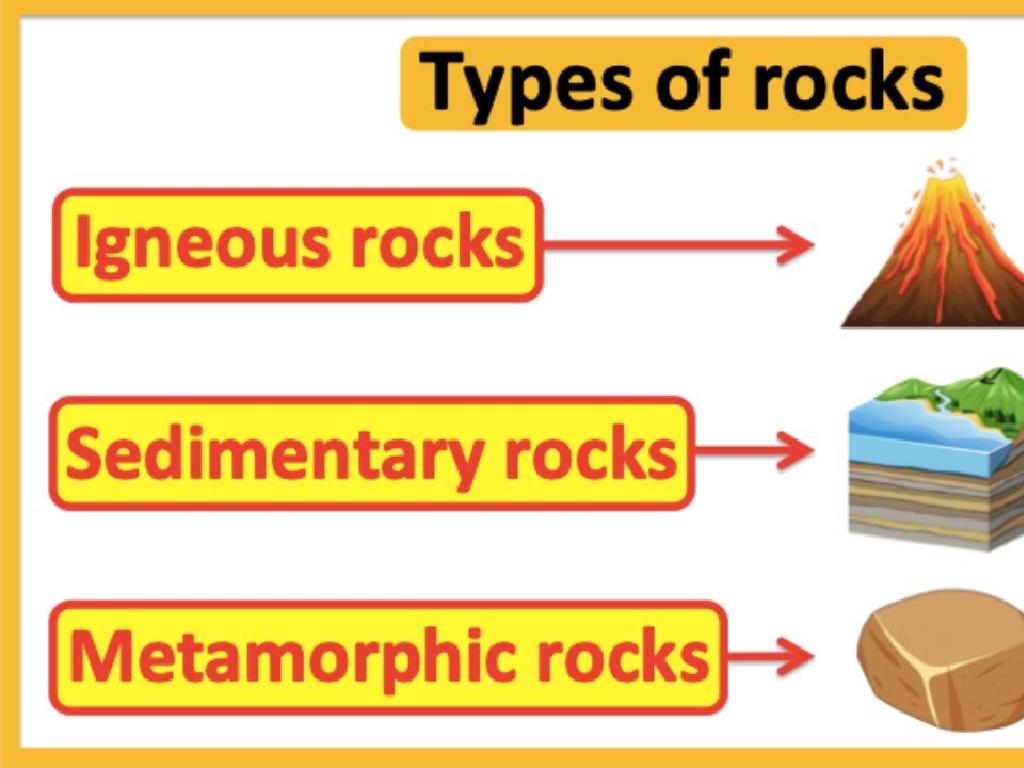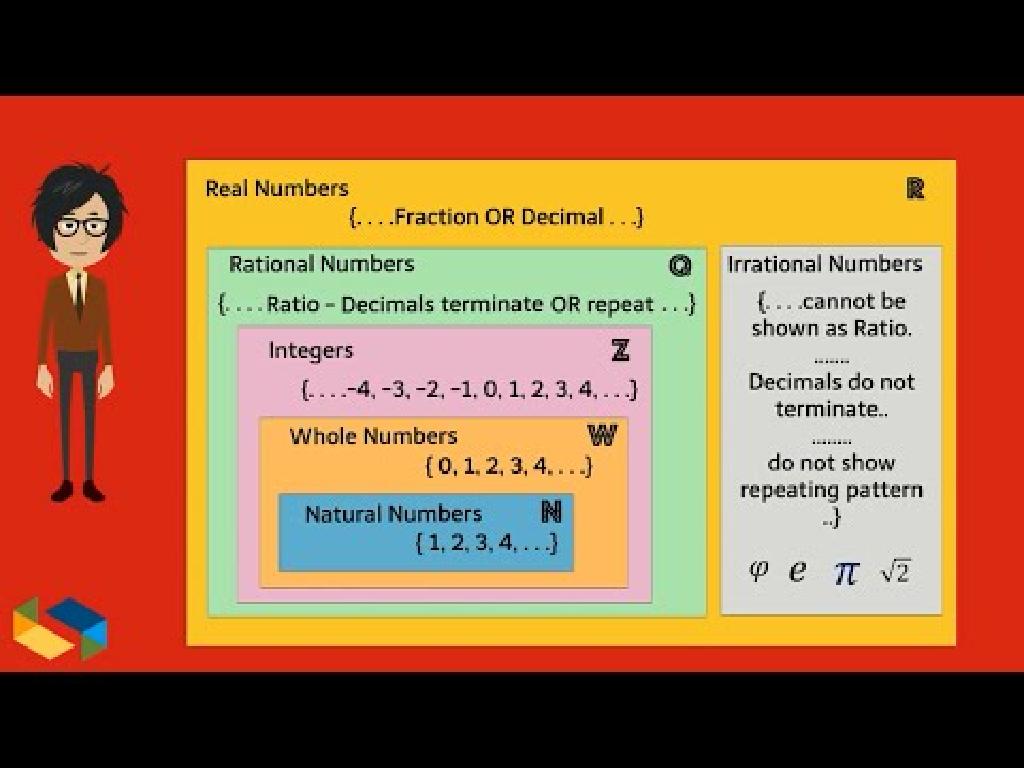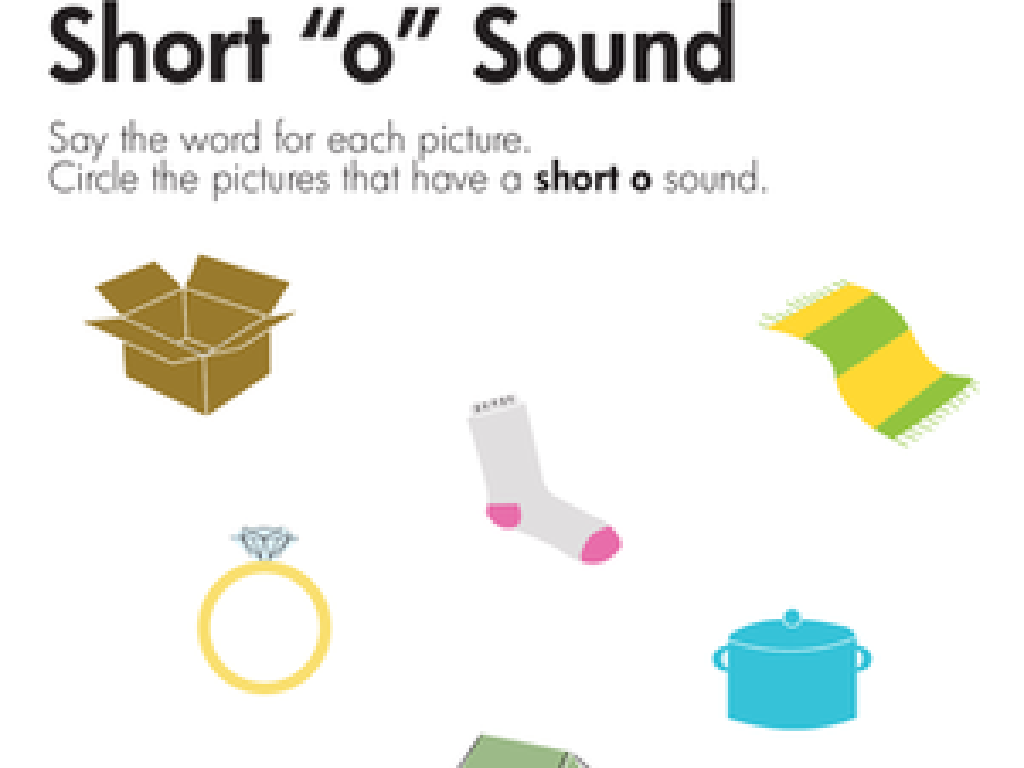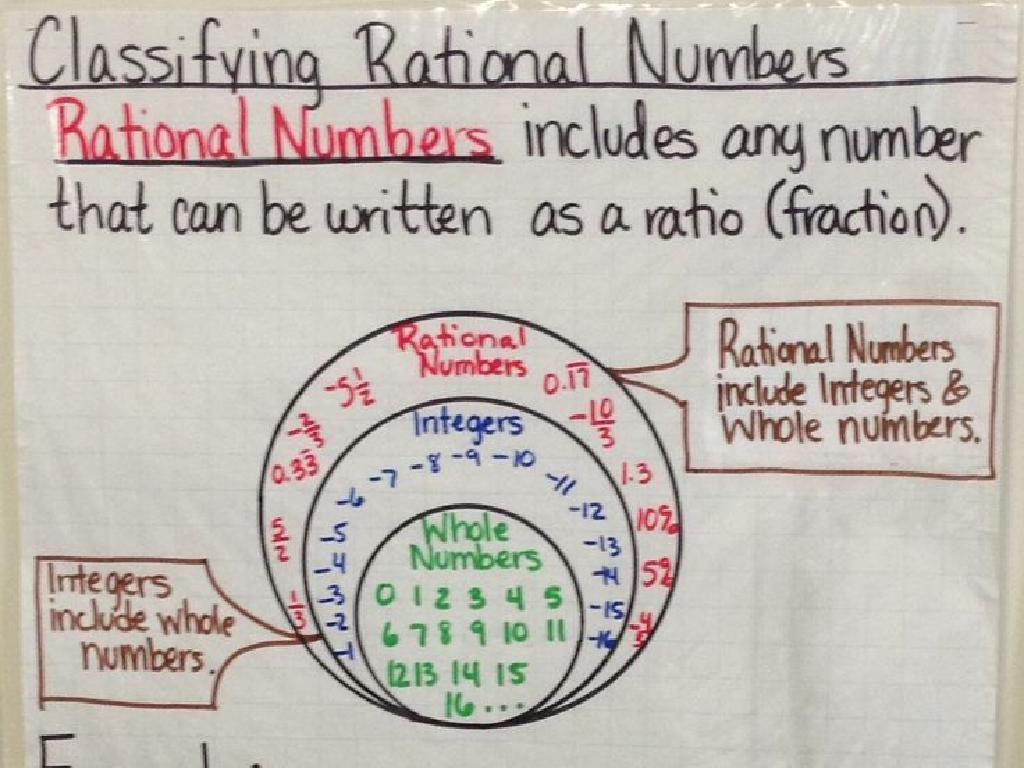Form And Use The Irregular Past Tense: Set 2
Subject: Language arts
Grade: Third grade
Topic: Verb Tense
Please LOG IN to download the presentation. Access is available to registered users only.
View More Content
Mastering Irregular Past Tense Verbs: Set 2
– Introduction to verb tenses
– Using verbs in the past tense
– Verbs tell us when an action happens: past, present, or future
– Irregular past tense verbs: Set 2
– These verbs don’t follow regular rules, like ‘go’ becomes ‘went’
– Practice with fun activities
– We’ll play games and write sentences to learn these verbs
|
This slide introduces the concept of verb tenses to third-grade students, with a focus on irregular past tense verbs from Set 2. Begin by explaining that verbs can show when an action takes place. Highlight that while many verbs just add ‘-ed’ for the past tense, irregular verbs do not follow this pattern and must be memorized. Provide examples of irregular verbs and their past tense forms. Engage the class with interactive activities such as matching games, fill-in-the-blanks, and constructing sentences using irregular past tense verbs. Encourage students to think of actions they did yesterday and try to express them using irregular past tense verbs.
Understanding Verbs and Tense
– Verbs: Words for actions
– Examples: jump, talk, eat
– Actions like ‘jump’ become ‘jumped’ in past
– Verbs change with time
– ‘Jump’ is present, ‘jumped’ is past tense
– Focus: Irregular past tense
– Some verbs don’t follow rules, like ‘go’ becomes ‘went’
|
This slide introduces the concept of verbs to the students, emphasizing that verbs are action words that describe what someone or something is doing. Provide clear examples of simple verbs that the students are familiar with. Explain that verbs can change form to indicate when the action is taking place, which is known as tense. Highlight that while many verbs add ‘-ed’ to form the past tense, some verbs do not follow this pattern and are called irregular verbs. For example, ‘go’ changes to ‘went’ in the past tense. These are known as irregular past tense verbs, which will be the focus of this lesson. Encourage students to think of verbs they use every day and consider how they might change to show past action.
Irregular Past Tense Verbs: Set 2
– Regular verbs end with ‘-ed’
– Irregular verbs are unique
– Irregular verbs don’t follow a set rule for past tense
– Today’s focus: Irregular verbs
– Examples: ‘go’ became ‘went’
– ‘buy’ became ‘bought’, ‘teach’ became ‘taught’
|
This slide introduces the concept of irregular verbs to third graders, contrasting them with the more straightforward regular verbs. Emphasize that while regular verbs simply add ‘-ed’ to form the past tense, irregular verbs change in unique ways and must be memorized. Use examples to illustrate the concept, such as ‘go’ changing to ‘went’ and other verbs from set 2. Encourage students to think of verbs they use often and to share what they think the past tense might be. This will lead to a discussion and clarification of the correct irregular past tense forms. Provide additional examples and engage the class in a fun activity where they can practice converting present tense irregular verbs to their past tense forms.
Irregular Past Tense Verbs: Set 2
– Irregular verbs transform uniquely
– Some verbs remain the same
– ‘set’ and ‘put’ stay the same
– Others change entirely
– ‘go’ becomes ‘went’
– Practice makes perfect
– Let’s use these in sentences!
|
This slide introduces the concept of irregular past tense verbs to third graders, emphasizing the different ways these verbs can change from present to past tense. Some irregular verbs, like ‘set’ and ‘put,’ do not change at all when they move to the past tense. Others, like ‘go,’ change completely to a different word, such as ‘went.’ It’s important to help students understand that there are no simple rules for these changes and that memorization and practice are key. Encourage students to think of sentences using both types of irregular verbs and to share them with the class. Provide additional examples and conduct practice exercises to reinforce learning.
Irregular Past Tense Verbs: Set 2
– ‘run’ changes to ‘ran’
– Example: I run every morning. Yesterday, I ran around the park.
– ‘come’ changes to ‘came’
– Example: They come to my house often. Last week, they came for dinner.
– Discover more irregular verbs
– Practice using them in sentences
– Use new verbs in past tense to tell a story.
|
This slide introduces students to irregular past tense verbs, which do not follow the regular ‘-ed’ ending pattern. Start by showing the transformation of ‘run’ to ‘ran’ and ‘come’ to ‘came’. Encourage students to think of other verbs that change in a similar way. Provide opportunities for students to practice by using these verbs in sentences, and challenge them to convert present tense verbs to their irregular past tense forms. Reinforce learning by asking students to share sentences or short stories using the verbs they’ve learned. This will help solidify their understanding of irregular verb usage in past tense.
Using Irregular Past Tense Verbs
– Correct past tense is crucial
– Example: ‘Yesterday, I ran to the store.’
– ‘Run’ changes to ‘ran’ in past tense
– Let’s create our own sentences
– We’ll use verbs like ‘go’ -> ‘went’ and ‘buy’ -> ‘bought’
– Practice with irregular verbs
– Use verbs from our list in new sentences
|
This slide aims to teach students the importance of using the correct past tense form of irregular verbs in sentences. Start by explaining that unlike regular verbs, irregular verbs do not follow a set pattern when changing to past tense. Provide clear examples, such as ‘run’ becoming ‘ran’. Engage the class by creating sentences together using a list of irregular verbs. Encourage students to think of actions they did yesterday or over the weekend and describe them using irregular past tense verbs. This will help them understand and memorize the different forms. Prepare a list of common irregular verbs for the students to practice with and consider having a fun activity where they can use these verbs in a storytelling session.
Activity Time: Verb Detective!
– Become a verb detective
– Find past tense verbs in a story
– Look for actions that already happened
– Circle irregular past tense verbs
– Irregular verbs don t follow normal rules, like ‘run’ to ‘ran’
– Share findings with the class
|
This activity is designed to help students recognize and use irregular past tense verbs through an engaging detective game. Provide a short story or a paragraph to the students and ask them to identify all the verbs that are in the past tense. Emphasize that they should pay special attention to irregular verbs, which do not follow the typical ‘-ed’ ending pattern. After they have circled the irregular verbs, facilitate a discussion where students can share their findings and explain how they determined the tense of each verb. This will reinforce their understanding of irregular verbs and give them practice in using context to identify verb tenses. Prepare a list of irregular verbs for reference and consider creating a worksheet with a story specifically designed for this activity.
Practice Makes Perfect: Irregular Past Tense Verbs
– Change present to irregular past tense
– Complete the worksheet as a class
– Irregular verbs don’t end with ‘-ed’
– Examples: ‘go’ becomes ‘went’, ‘buy’ becomes ‘bought’
– ‘Fly’ turns to ‘flew’, ‘have’ turns to ‘had’
|
This slide is aimed at helping students understand and practice the concept of irregular past tense verbs, which do not follow the standard ‘-ed’ ending pattern. Start by explaining that while many verbs in English take on an ‘-ed’ ending to signify past tense, irregular verbs do not follow this rule and change form completely. Use the worksheet to provide guided practice, ensuring that each student has the opportunity to convert present tense verbs into their irregular past tense forms. Encourage students to think of the verbs they use daily and what they become in the past tense. Provide plenty of examples and praise correct answers to reinforce learning. The goal is for students to recognize and use irregular past tense verbs confidently in their writing and speaking.
Class Activity: Create Your Own Story!
– Write a short story individually
– Include 5 irregular past tense verbs
– Verbs like ‘went’, ‘saw’, ‘took’ from our list
– Share stories with the class
– Celebrate our verb tense mastery!
|
This activity is designed to reinforce the students’ understanding of irregular past tense verbs. Provide a list of irregular verbs for reference. Encourage creativity and make sure they understand that the story does not have to be long, but it should be complete with a beginning, middle, and end. As they write, they should incorporate at least five irregular past tense verbs. After writing, students will have the opportunity to share their stories with the class, which will help them to listen for and learn from the verb usage in their peers’ stories. Celebrate their efforts and correct usage of irregular past tense verbs to build confidence. Possible activities: 1) Pair up and exchange stories, 2) Create illustrations for their stories, 3) Act out parts of their stories, 4) Write a group story with each student contributing a sentence, 5) Have a ‘verb tense’ day where students only speak in past tense.






